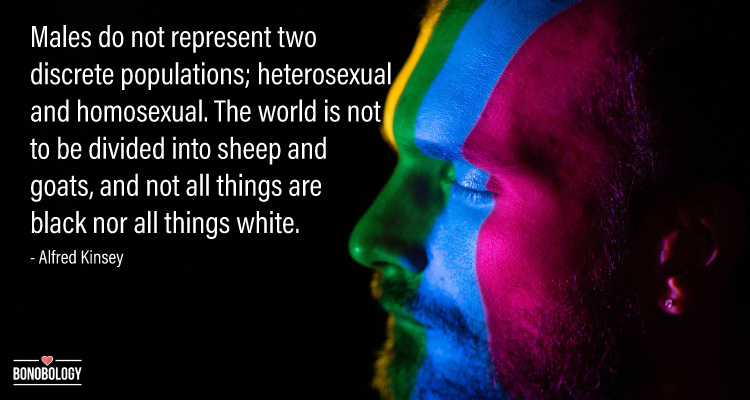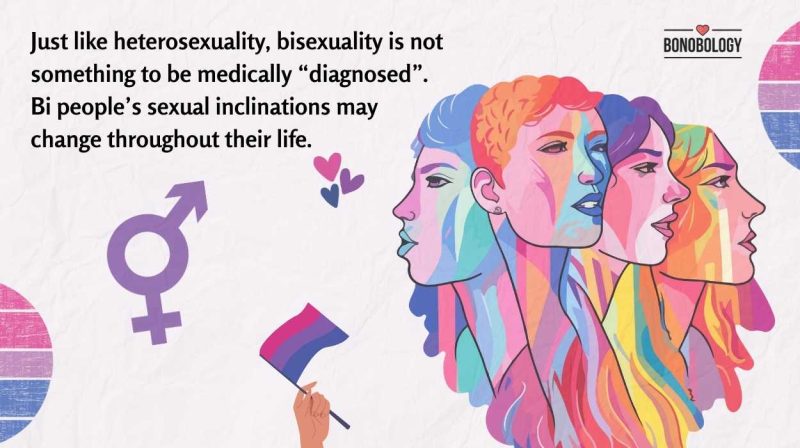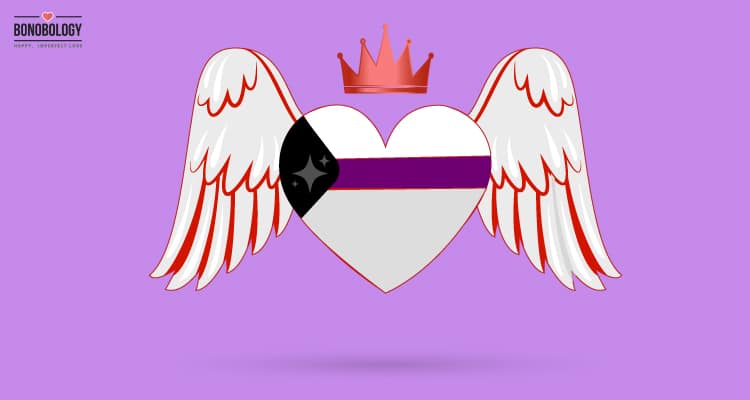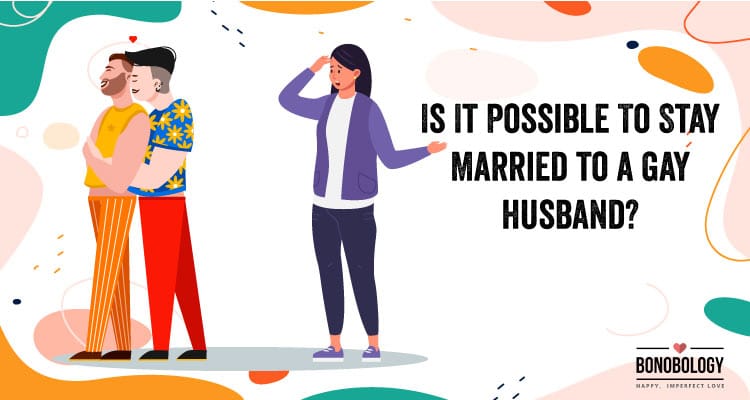The theme of homosexuality in mythology is quite common. Many mythologies depict this as a sexual act in terms of same-sex relationships or deal with the subject as it is. No mythologies address the subject as taboo or unnatural. Mythologies of the world treat the subject as just another manifestation of erotic expression and don’t see it as a heterosexual or homosexual act. Homosexuality (both gay and lesbian relationship) is just another aspect of a sexual expression – no value judgment was ever made. It is much later that people started interpreting them as ‘different’ or ‘deviant’, a fallout of Anglo-Saxon education and an influence of Victorian upbringing.
A Kind of Learning
Table of Contents
Greek mythology is replete with references to same-sex relationships. It is also noteworthy that pederasty, that is a relationship, often sexual, between an older man and a younger man or a teen was common in Greece. The erastes, that is the older man, would take on an eromenos, or younger male lover and teach him the ways of war, politics and sex. The belief behind this was that learning every aspect from another ‘proper’ person would give rise to a breed of perfect men.
Related reading: One body two genders: How the Chandravanshis came to be
Achilles, the hero of the Trojan War, was known to have had an amorous relationship with Patroclus. Achilles was both handsome and brave. His mother had tried to secure immortality by dipping him in the river Styx when he was young, by holding him by his heel. However, it was this very act which made him vulnerable to death, as the place where he was held while being dipped became his most vulnerable spot, better known as the Achilles Heel!
Losing Love to War
Achilles was in love with Patroclus, who, based on different versions, was often referred to as a student of Achilles or a friend, but undoubtedly his lover. Patroclus was a general and it is said that during the Trojan War, at one stage, upset with Agamemnon, Achilles decided to abstain from fighting. The Greeks were losing heavily to the ravaging Trojans under the leadership of Hector. It was at this time that Patroclus approached Achilles for his armour and sword. Patroclus reasoned that seeing Achilles’ armour itself might strike fear in the hearts of the Trojans. Achilles yielded with the condition that he should return as soon as the Trojans were driven away. However, Patroclus was too taken in by the initial success and went deeper into battle, only to be killed by none other than Hector himself.
This was the turning point in the Trojan War. Achilles was devastated at the death of Patroclus. He was inconsolable and he wouldn’t even allow the body to be buried. He fell on his dead body and mourned for his lover.

The rage that follows from Patroclus’ death becomes the prime motivation for Achilles to return to the battlefield. He returns to battle with the sole aim of avenging Patroclus’ death by killing Hector, despite a warning that doing so would cost him his life. After defeating Hector, Achilles drags his corpse by the heels behind his chariot. The entry of Achilles changed the course of the war, even though it made him vulnerable to death.
A Spurned Love
Another such episode associated with Achilles was his love for Troilus, the Trojan prince. Achilles was tasked to ambush and kill Troilus, whose staying alive beyond the age of 20 would make the Trojans invincible. But when Achilles saw Troilus, he fell in love with him, only to be spurned. Later Troilus was found dead, allegedly by an overenthusiastic embrace by Achilles.
Related reading: The uncomfortable love of Brahma and Saraswati
Greeks were amongst the first known cultures who celebrated manliness in contests like Euandria, where contestants were judged for the physical beauty and strength. The well-known Symposium which was a place for philosophical insights and exchange was also an opportunity for men to meet and bond in an erotically charged atmosphere, in absolute gay abandon, well within the societal sanction.

Social Conditioning
Even though many modern authors have depicted such relationships as friendship, the Greeks believed in love and had never shied away from such expression. According to scholars, excessive proximity to men and long absence from women due to wars and games led to a close relationship amongst men, besides the social sanctity to the idea of pederasty. Men often found true love amongst men and this kind of relationship was never seen as a taboo, and thus we have so many references in Greek mythology to same-sex relationships, be it of Zeus and Ganymede, Apollo and Hyacinthus, or Hercules and Hylas, among gods and mortals alike. Back in the days of mythology, religion and dogmatic thinking hadn’t enveloped the practices of sexuality, and same-sex relationships were seen as natural and an emotional expression of love as heterosexual relationships.
Am I Bisexual? 18 Signs Of Female Bisexuality To Know If You’re A Bi Girl
Ask Our Expert
You must be Logged in to ask a question.























Thanks!!
Wow! Feeling enlightened reading this! Very well researched piece!